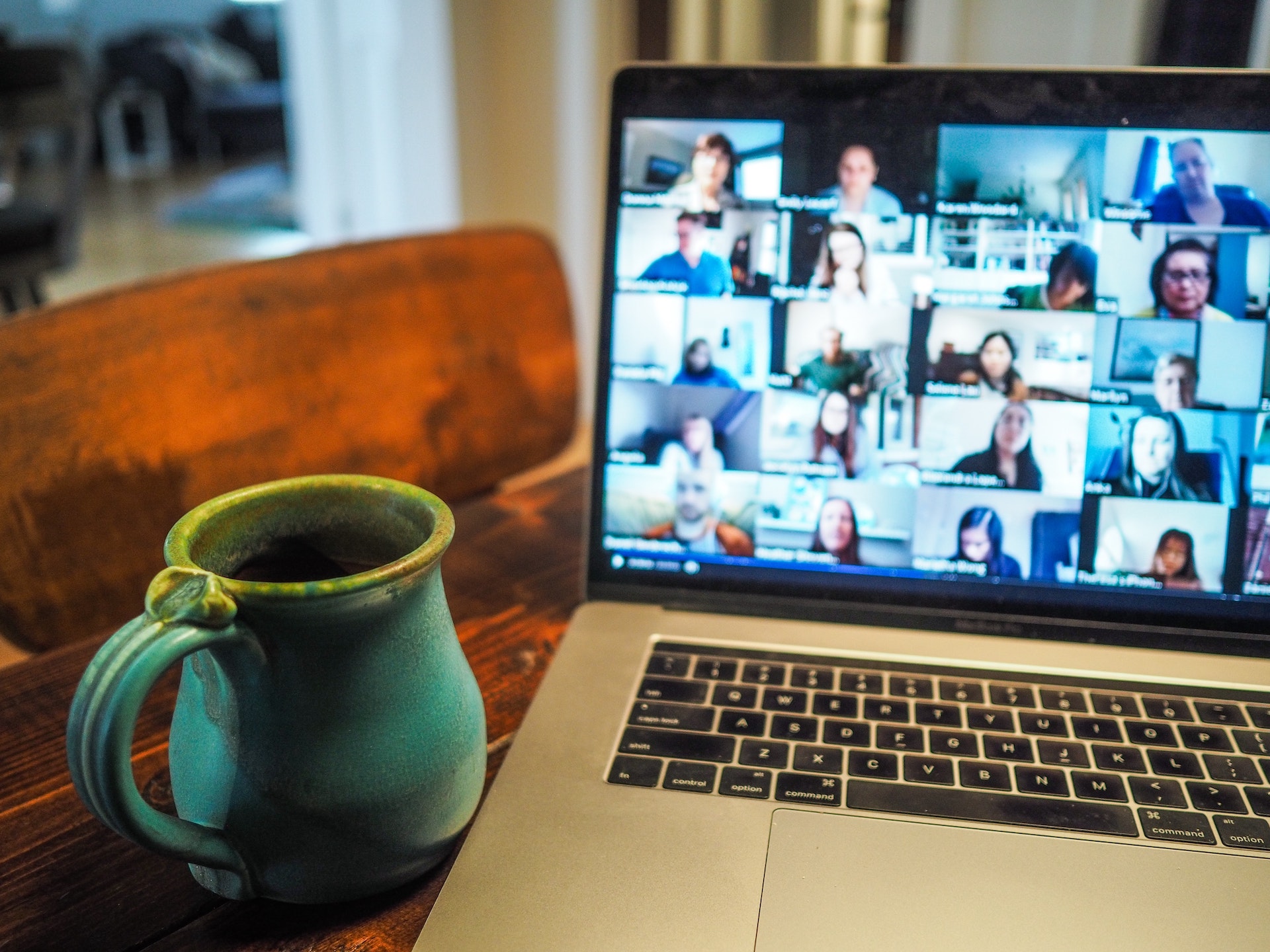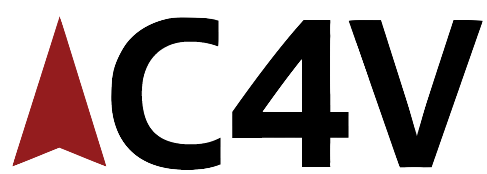Development, Dialogue, and Doing This “Right”

“Do no harm” suddenly no longer seems good enough as the guiding moral principle for international development and relief.
Today, much to the surprise of many old international development hands, Washington, DC is immersed in a burgeoning moral discourse (mostly via Zoom). We find ourselves sifting through concepts of values and what seems to be an elusive vocabulary that will best help us to come to terms with and respond to a raging pandemic and inequitable vaccine distribution process, a newly departed strongman President and the violent rift his regime has left in the fabric of American society, a racial reckoning over 400 years in the making, a crippled economy, and an urgent climate crisis spinning out of our control. Although there has long been the assumption that all development work is righteous because “helping people” is good, the international relief and development practice and policy community nevertheless now finds itself taking up these same questions of values and morals, trade-offs, and normative justifications. This reflection is overdue, in a world beset by increasing trends in autocratic rule and declining democratic values, exacerbated by rapid increases in global inequalities and by the intense damage that has been and continues to be inflicted by the global coronavirus pandemic.
The list of topics within this burgeoning moral discourse is – appropriately – a long one. Among those commanding the most bandwidth these days are the decolonization of development; inclusive development (extending far beyond gender equality and equity); realizing the potential positive influences of feminism in relief and development practices that currently remain largely anchored in patriarchal norms; and the persistence of the myth that economics is “values-free” and the related challenge to balance the dominance of economists’ voices in defining international relief and development’s means and ends.
In the emerging policy arena, the moral discourse embraces such topics as a redoubling of efforts (including by USAID) to pursue the Sustainable Development Goals; the need for “development” to stand alongside “defense” and “diplomacy” in shaping America’s international policy and priorities (which stands to get a boost with President Biden’s pick of Samantha Power as the next USAID Administrator); and the reality that donors and foundations increasingly are focusing their grants on non-profit organizations that are based in the Global South, challenging us and others in the Global North to make the case for new forms of genuine partnership. This would entail defining morally-defensible roles in international relief and development – ethically and pragmatically – for firms and NGOs that are based in the Global North.
How is the Center for Values in International Development responding to this current discourse? In our recent discussions, we have focused on four steps:
First, we have affirmed the need for the Center to facilitate moral clarity by applying an explicit and robust values lens to all the items on that “Washington discourse” list described above, since references within that discourse on values and ethics remain either absent entirely or disturbingly muddy. Currently, much more is (at best) assumed than is explicit about values. This is troubling in a discourse that – if anyone would stop to examine it – is inherently grounded in morality and values.
Second, we have recognized a need to re-emphasize (and, for many practitioners and even some ethicists, to raise awareness about) some of the core principles of development ethics and “authentic development” as advocated for many years by leading thinkers such as Luis Camacho, Adela Cortina, David Crocker, Nigel Dower, Des Gasper, Denis Goulet, Mattha Nussbaum, Amartya Sen, Mahbub ul-Haq, and others. This includes such critical factors as deliberative democracy and forms of participation in which those who are oppressed or excluded become empowered to become agents of their own development and, to quote Goulet, “… becoming active subjects of knowledge and action, they begin to construct their properly human history…” Among practitioners, democracy and human rights remain a central moral framework (even if largely now overshadowed by democratic weaknesses and an overweening legalistic lens of human rights), but the entire toolbox of relevant moral theory (capability approach, virtue ethics, Kantian ethics, feminist/ethics of care, human rights, etc.) needs to be understood, incorporated into policies, programs, projects, and evaluations, and where appropriate, placed at the center of relief and development discourse.
Third, we sense a need for the Center and similarly motivated organizations and individuals to offer a compelling, persuasive, yet provocative exhortation to the relief and development community (including students and the public) to embrace the moral and ethical dimensions of relief and development in explicit, accountable, and strategic ways. We need moral clarity among thought leaders in this space, among practitioners and ethicists. We need a new cadre of champions at the forefront of such important approaches as integral development (see the excellent short article by Lori Keleher on our website), and the methodologies of inclusive development. We need to see this emerging values-based consciousness being made manifest in how relief and development policy, planning, programming, evaluation, and justification are conceptualized and implemented.
Fourth, those active in building bridges between international development ethics and international relief and development practice such as the Center for Values must be perceived and recognized as a motivating force to facilitate the ethical dimension in shaping how these activities are thought about and defined by donors, philanthropists, and aid agencies, so that implementers (who remain largely reactive to project terms of reference) begin to embrace development ethics as an integral part of the way relief and development happens. We need the voices advocating normative inquiry and ethical justification to be heard in the halls of Washington, and everywhere else that development and relief decisions are made and executed.
This is the mission of the Center for Values in International Development. This is why I have joined this team. This, I firmly believe, is one of the critical callings of this moment.
Will the international development and humanitarian relief community stand with us?
Stacy J. Kosko, Ph.D.
Director – Research & Strategy
Center for Values in International Development
photo by Chris Montgomery/Unsplash


